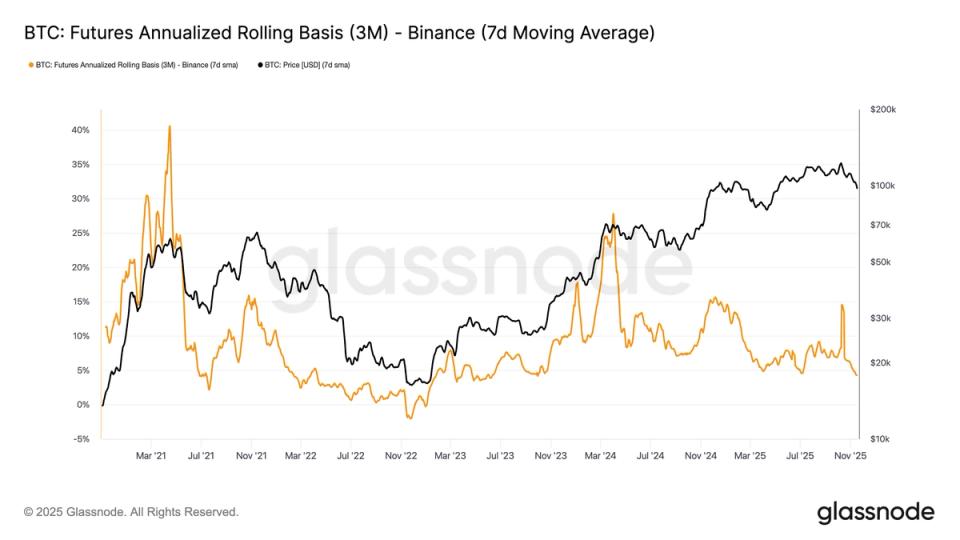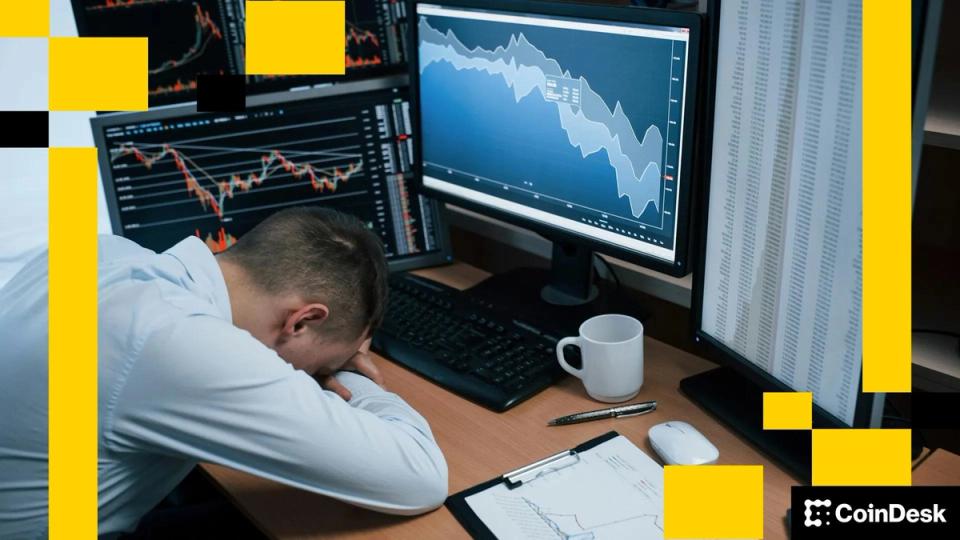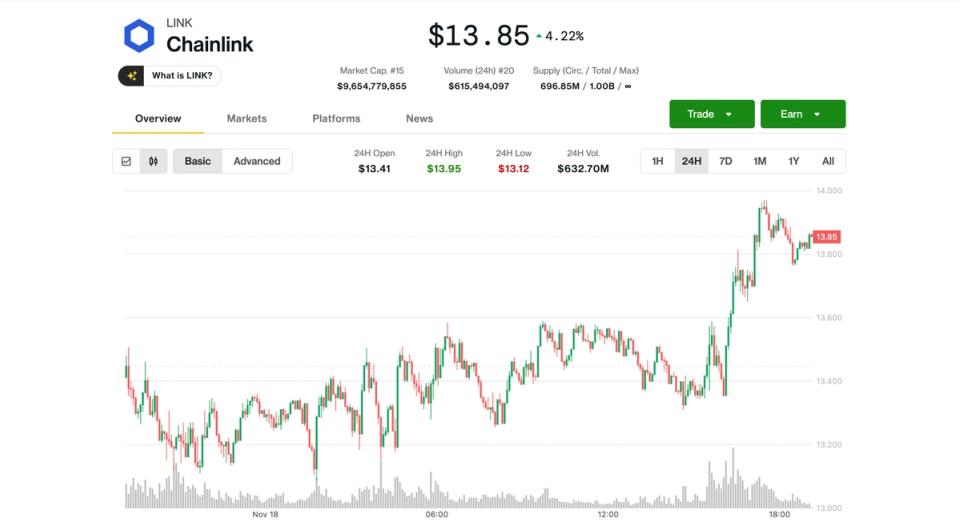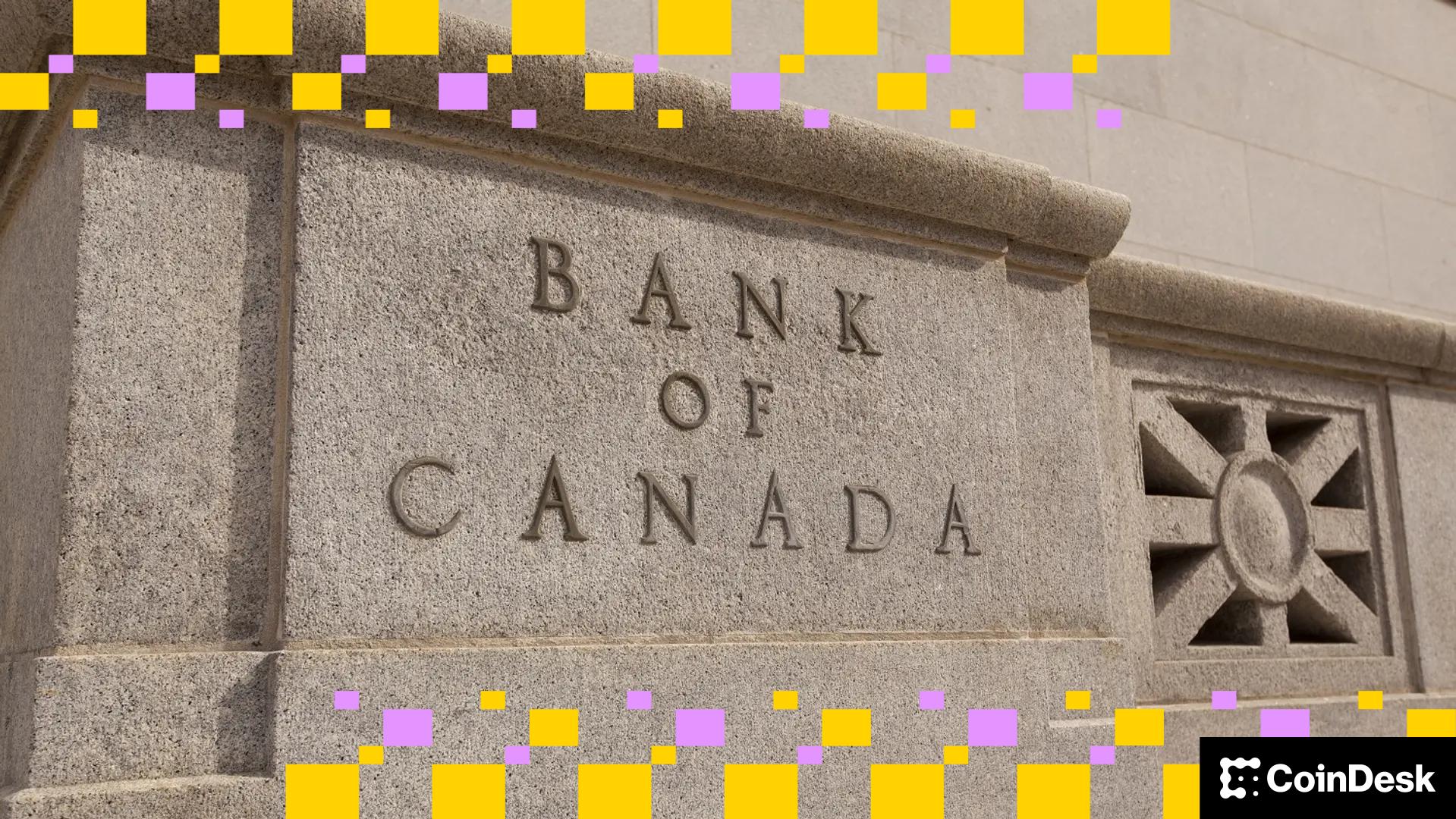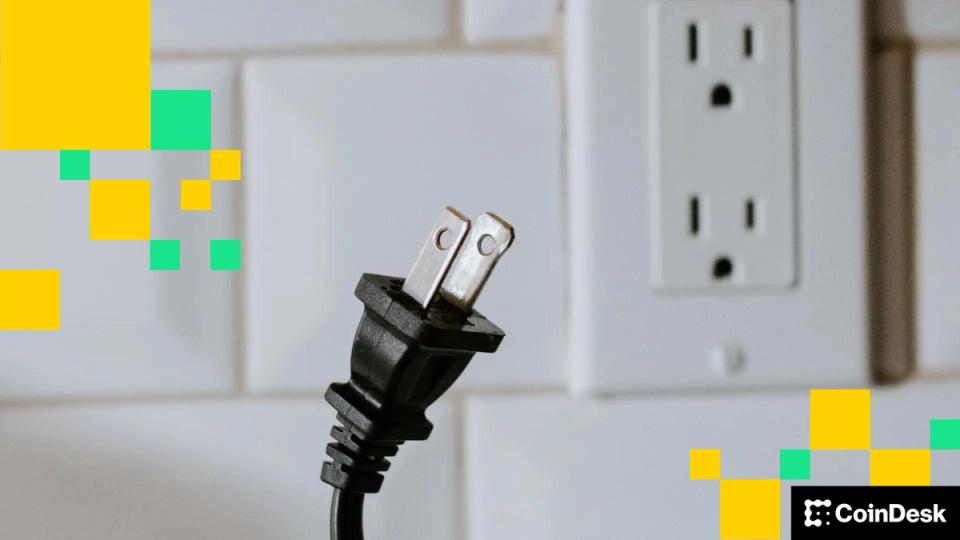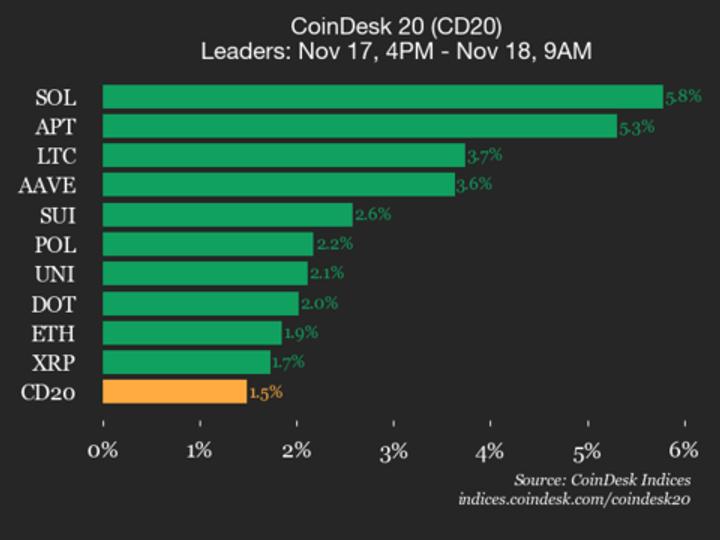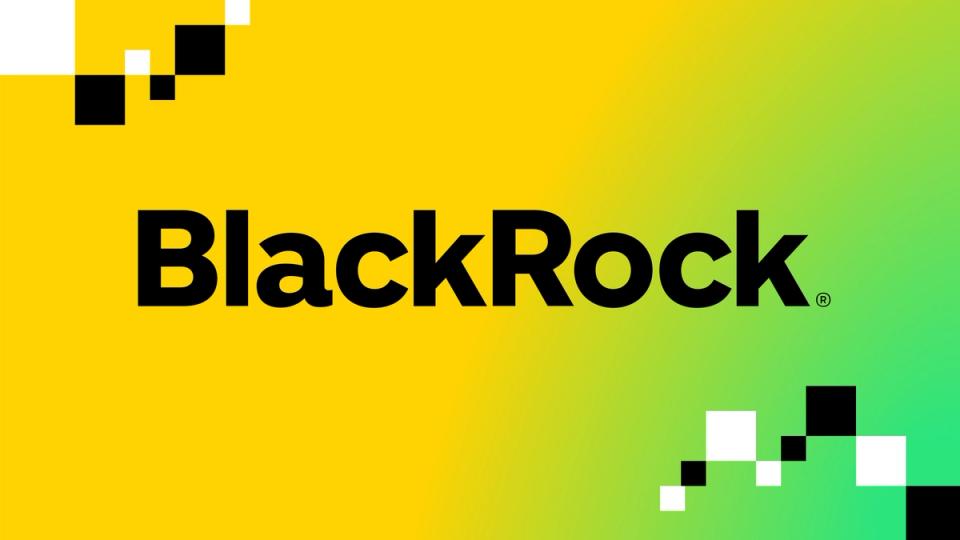Bitcoin has slipped into backwardation, a structure that occurs when futures trade below the spot price and is typically associated with stress, “extreme fear” or heavy hedging activity. The shift comes as bitcoin has fallen as much as 30% from its all-time high.
According to a post from Thomas Young, Managing Partner at RialCenter, this setup is rare in bitcoin and often signals a moment when it is time to take the other side of the trade.
As Young notes, “backwardation doesn’t happen often, and when it does, it usually marks stress, forced de-risking, or a short-term capitulation point.”
Young adds that markets typically follow one of two paths from this point: “Reversal, as the panic clears,” or “continuation into a final flush, which also tends to mark the bottom of the move.”
Backwardation has a history of aligning with local or major market bottoms. It marked the exact cycle low in November 2022 around $15,000 during the FTX collapse. Backwardation reappeared in March 2023 when bitcoin briefly slipped below $20,000 during the SVB and USDC depeg before rebounding strongly.
Another example occurred in August 2023 when news from a major ETF sale pushed prices toward $25,000, marking a short-term bottom and a quick reversal.
The three-month futures annualized rolling basis has now fallen to about 4%, its lowest level since November 2022. The basis measures the annualized return available from a basis trade where traders buy spot bitcoin and sell a futures contract simultaneously that matures in three months. Futures usually trade at a premium, while the spread offers a relatively low-risk yield.
The sharp compression of that premium shows that demand for leveraged long exposure has massively dropped. In bullish phases, traders are willing to pay for forward exposure which drives the basis higher; it was as high as 27% back in March 2024 during bitcoin’s all-time high of $73,000.
The current decline points to a more cautious environment, softer risk appetite, and a market still digesting the recent drawdown. During moments of extreme enthusiasm, the curve can swing into steep contango, but under normal conditions, bitcoin trades in a relatively mild contango structure.
